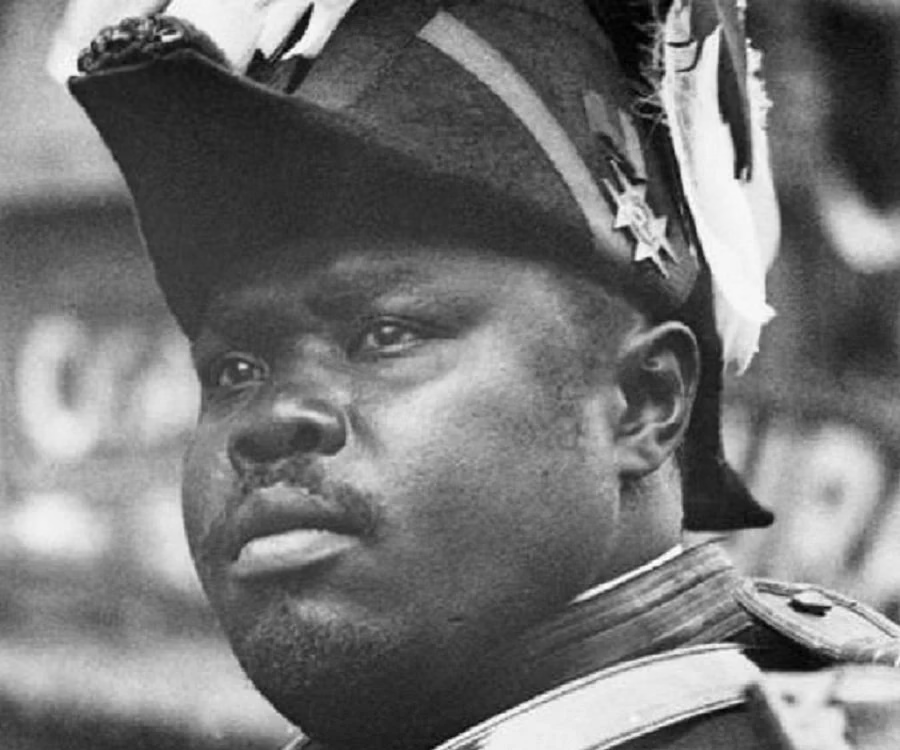Marcus Garvey was a trailblazing Black leader who spearheaded the first major American Black nationalist movement from 1919 to 1926, based in Harlem, New York City. Born on August 17, 1887, in St. Ann’s Bay, Jamaica, Garvey was largely self-taught, attending school until he was 14. He traveled extensively throughout Central America and lived in London from 1912 to 1914 before returning to Jamaica.

In 1914, Garvey founded the Universal Negro Improvement Association (UNIA), which aimed to build a Black-governed nation in Africa. After struggling to gain traction in Jamaica, Garvey moved to the United States in 1916 and established UNIA branches in Harlem and other northern cities with significant Black populations. By 1919, he claimed a massive following of around 2 million people.
Garvey’s vision emphasized the importance of economic strength for Black people. He advocated for an independent Black economy within the framework of white capitalism. To achieve this, he launched various business ventures, including the Negro Factories Corporation, the Black Star Line, restaurants, grocery stores, laundries, a hotel, and a printing press.
Through his newspaper, Negro World, Garvey celebrated Black heroes and African culture, promoting a sense of pride and self-worth among his audience. He rose to prominence in 1920, presiding over an international convention in Liberty Hall, Harlem, with delegates from 25 countries.



